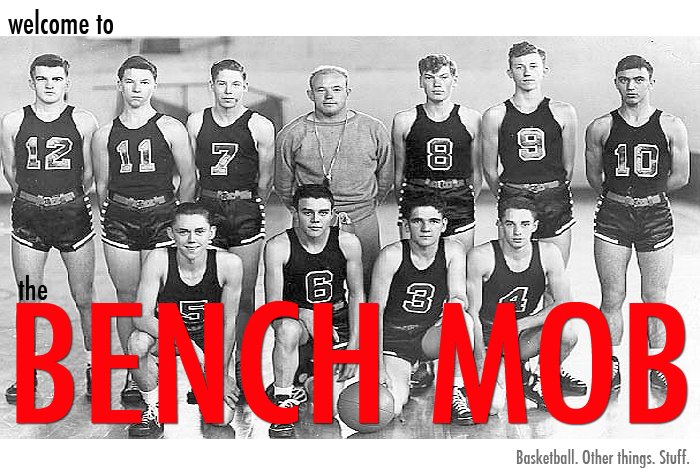 It seems that when the weather gets colder and football games start to matter, the bi-coastal movie-going public is given a veritable holiday feast of meaty, juicy, sweet and savory films. This year, er, last two weeks of the year, is loaded – Doubt, Benjamin Button, The Reader, Che, The Wrestler and so on. Compelling stories, great acting, skillful directing add up to a rewarding viewing experience and Oscar comes knocking – you know the drill. But isn’t Kung Fu Panda also a rewarding viewing experience? Ditto for Ratatouille. Same goes for Knocked Up or Superbad, films teeming with real, genuine performances and real, genuine drama, profanity notwithstanding. What’s missing in Atonement and Michael Clayton? And wasn’t ‘The Dark Knight’ the greatest movie ever made just a few months ago?
It seems that when the weather gets colder and football games start to matter, the bi-coastal movie-going public is given a veritable holiday feast of meaty, juicy, sweet and savory films. This year, er, last two weeks of the year, is loaded – Doubt, Benjamin Button, The Reader, Che, The Wrestler and so on. Compelling stories, great acting, skillful directing add up to a rewarding viewing experience and Oscar comes knocking – you know the drill. But isn’t Kung Fu Panda also a rewarding viewing experience? Ditto for Ratatouille. Same goes for Knocked Up or Superbad, films teeming with real, genuine performances and real, genuine drama, profanity notwithstanding. What’s missing in Atonement and Michael Clayton? And wasn’t ‘The Dark Knight’ the greatest movie ever made just a few months ago?Structure. In a time-based medium like cinema, it is perhaps just as important how the tale is told, as the tale itself. Some of the best films from the past year of so have been great fun, serious fare or summer fun included. But when you leave the theater and all those loose ends are tied up for you, something is missing. In fact, when a movie begins, there is essentially an agreement formed between the film and you, the viewer. Either the film will follow the three-act rules or it will not. The three-act story is an amazing thing, allowing for all sorts of themes to be explored without really pushing you outside your comfort zone. Sure, the subject matter may be gravely somber, the plot may have some switchbacks here and there, one of your favorite characters may even die, but in the end, you get that resolution. Even if the resolution is open-ended. The other option? An unpredictable structure. Freedom. A director’s unique, particular, imbalanced vision. And like, that, you’re lost at sea. Oh, wonderful, delirious, captivating sea. Without that familiar structure, the viewer is thrown on the offensive, thinking, interacting through the film. This is engaging cinema.
The Wrestler is indeed a rewarding viewing experience in large part to the performances; Mickey Rourke, Marisa Tomei and Evan Rachel Wood truly inhabit their characters. You’ll hear more and more about this film through the prism of the acting, and the acclaim is well-deserved. But The Wrestler also wins as it allows you to slip into The Ram’s world without him knowing you’re there – he doesn’t know he’s in a movie. The docu-style lensing and jump-cutting is apropos for this fly-on-wall perspective on Rourke’s character, but that alone does not create the tone of the film. Elliptical storytelling, Aronofsky selectively framing the emotional beats, offers a fascinating peek into a stretch of days, weeks that will ultimately decide the fate of this battered wrestler’s life. Without a beginning, middle or end, we experience this man entire life, the film stitched together like the scars on his back. And like all great films, the finale comes at you with reckless pace, whether we’re ready or not. At it’s close, The Wrestler leaves you there in your seat, wondering what was and what will be for The Ram. Emptiness. Blackness. Inasmuch, we’re left with wondering if this story could be our own. Maybe it’s an eerie feeling; staring at that vacant screen after nearly two hours of careful, deliberate guidance. Maybe you feel lost. Maybe you even wish you had more closure, as sordid as the details may be. But The Wrestler isn’t that kind of movie. And now you’re on your own. Just like The Ram.
